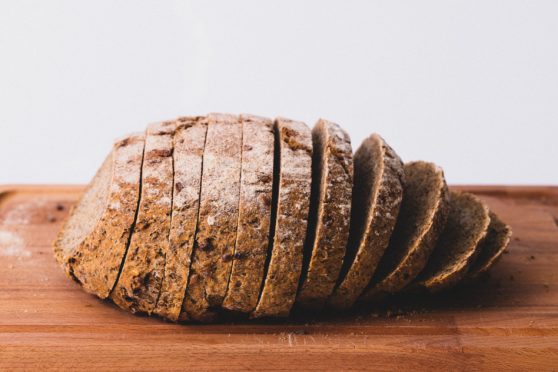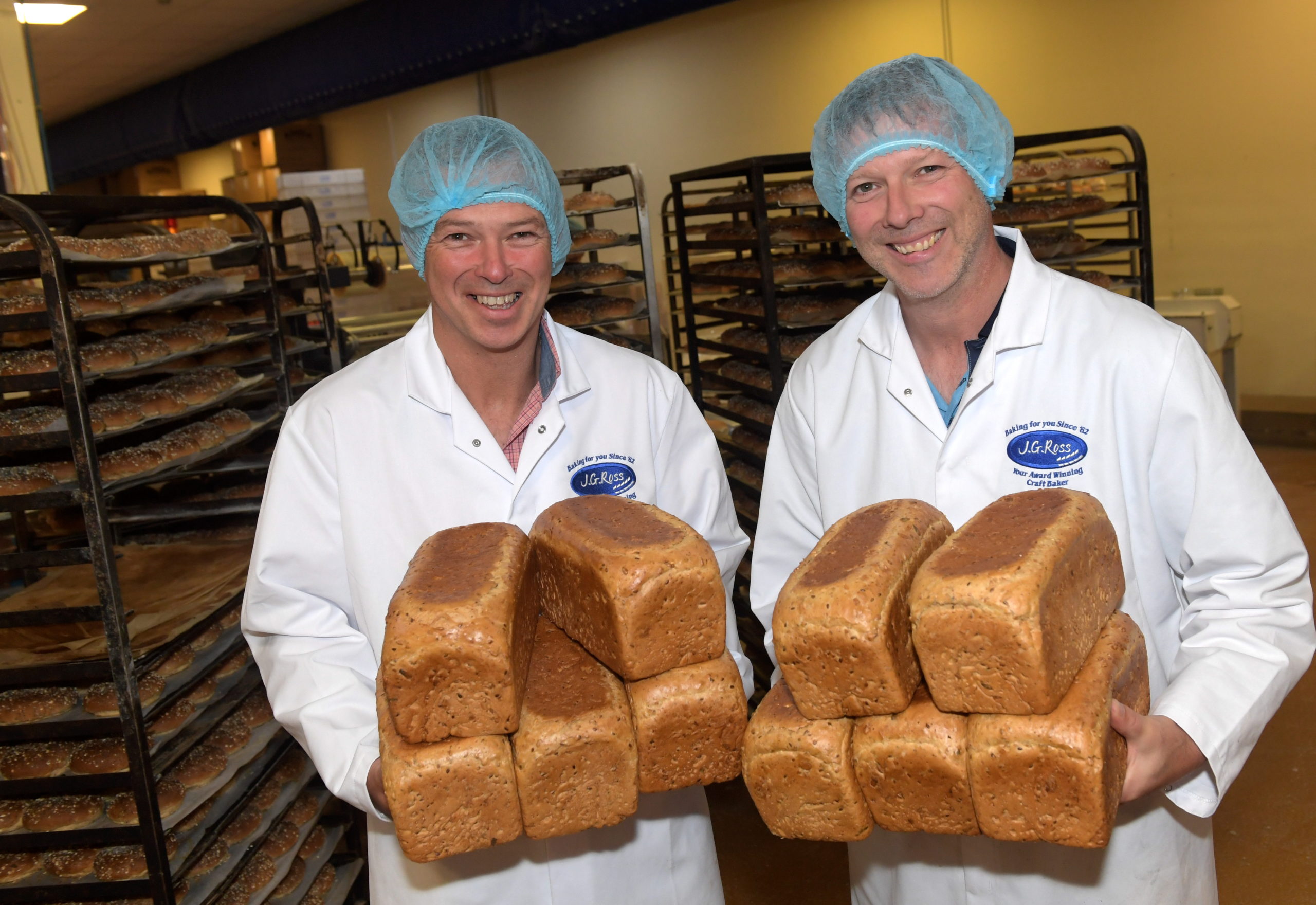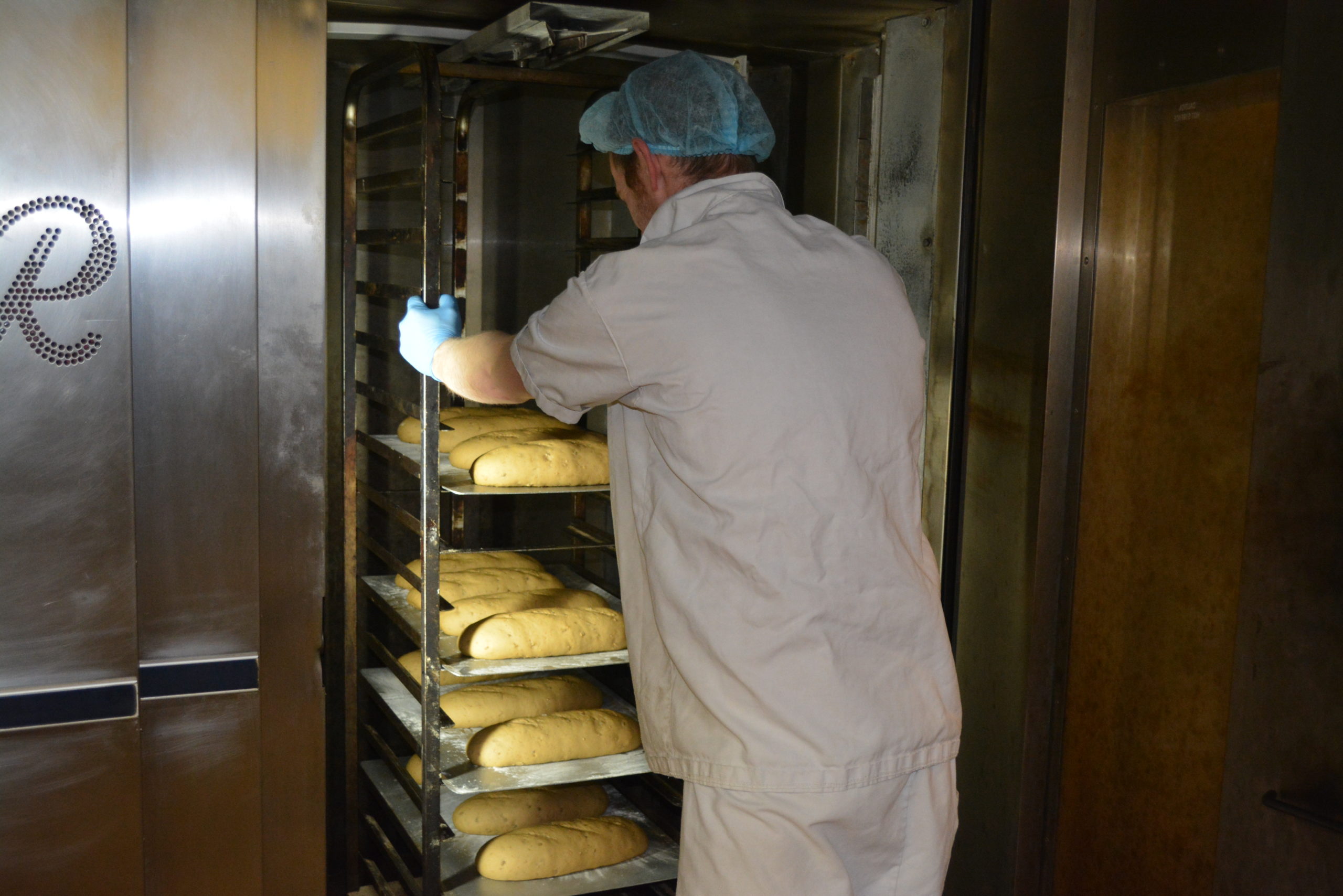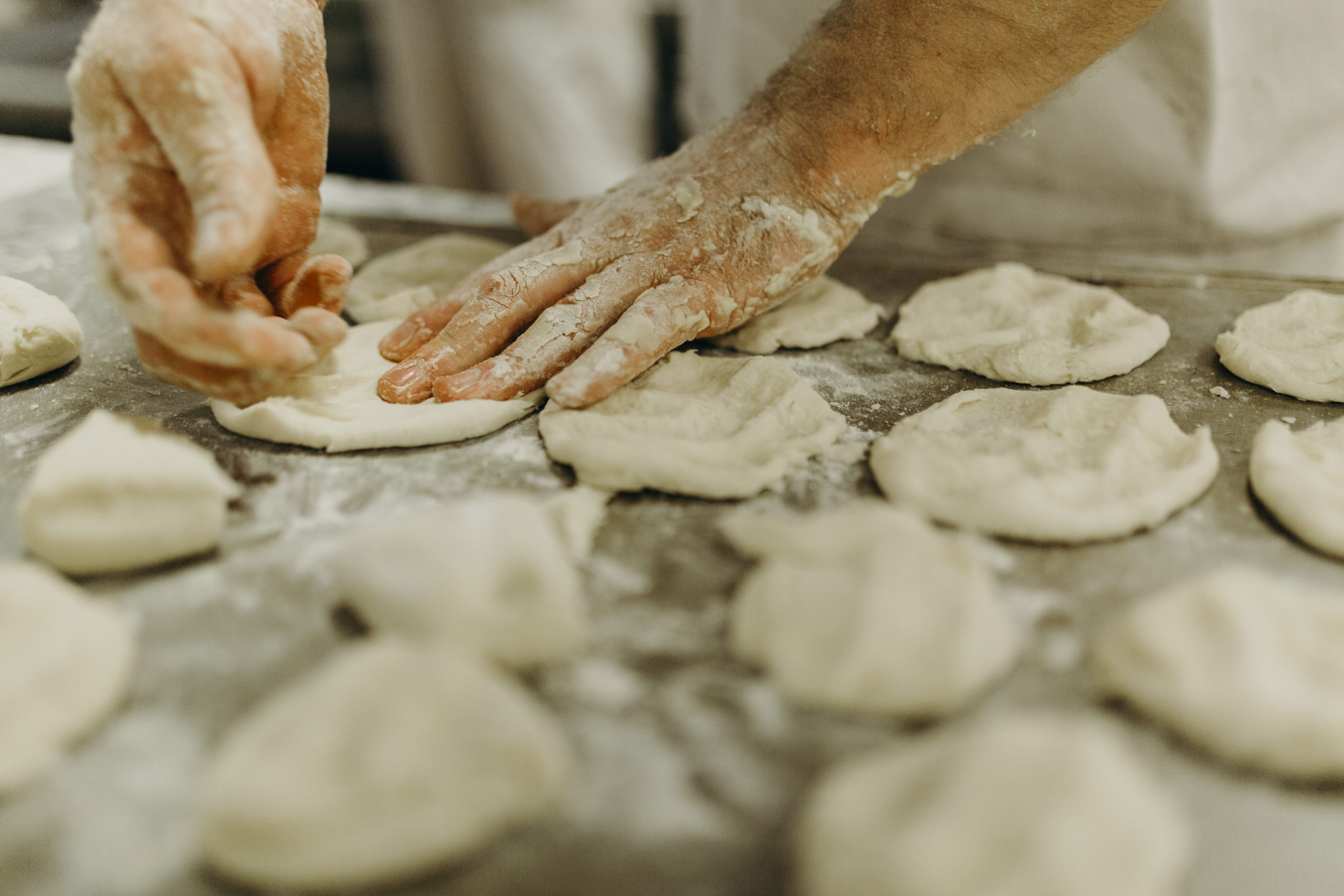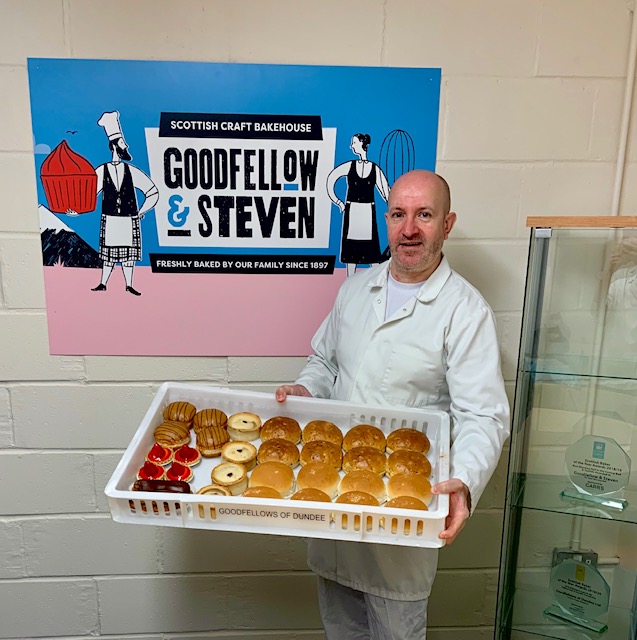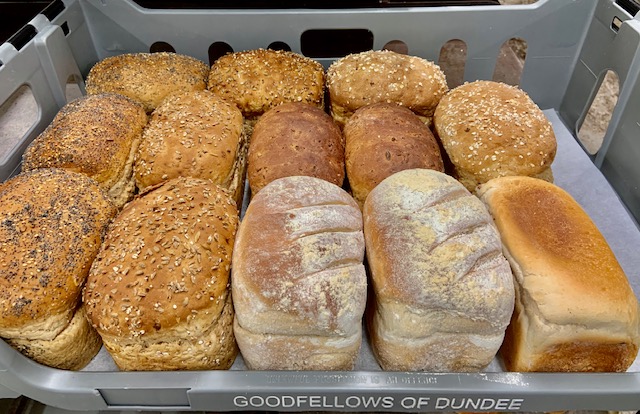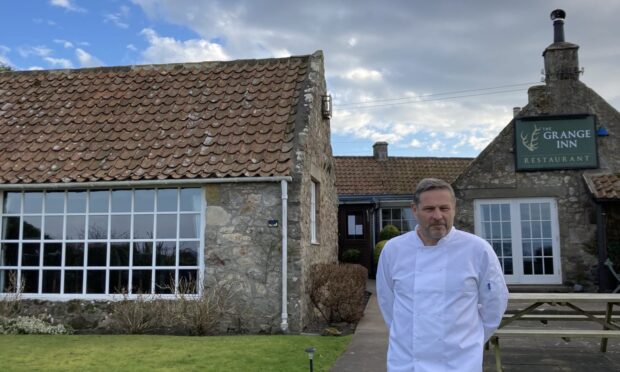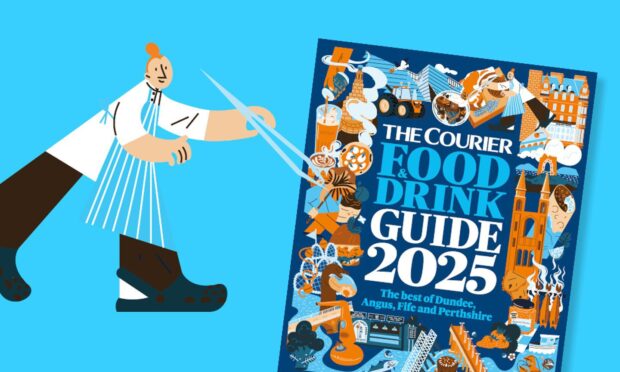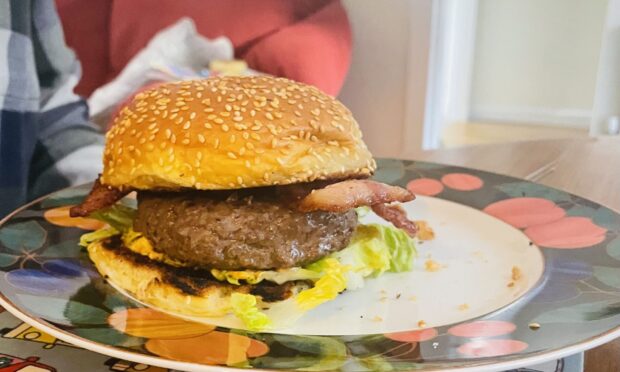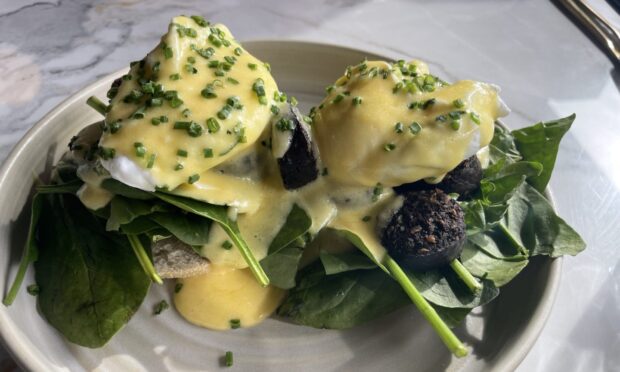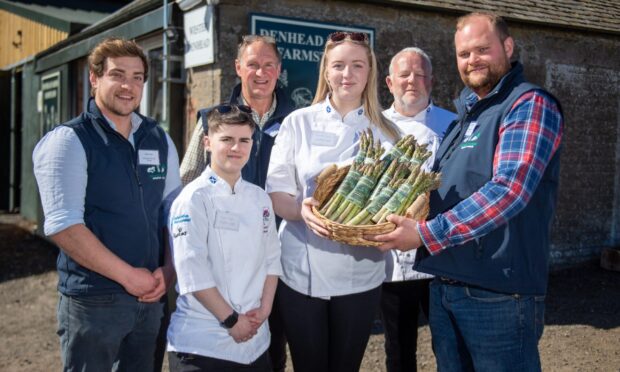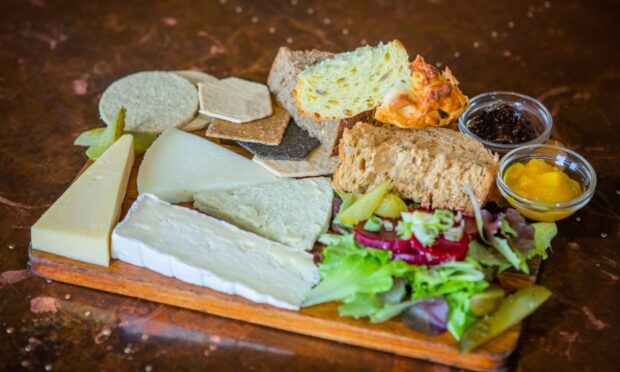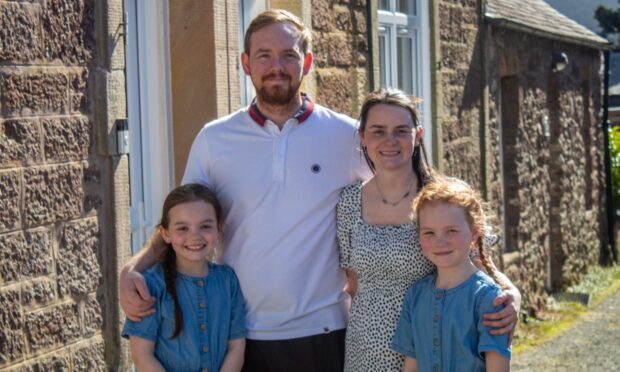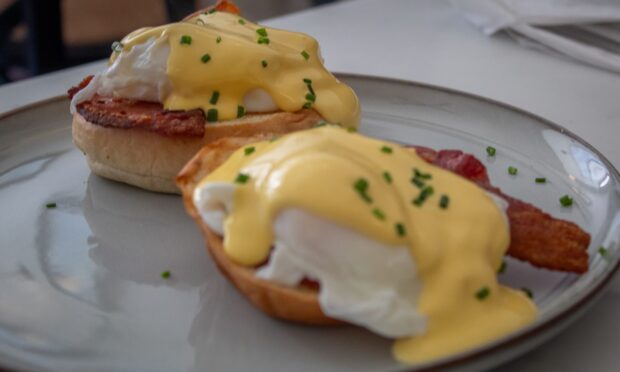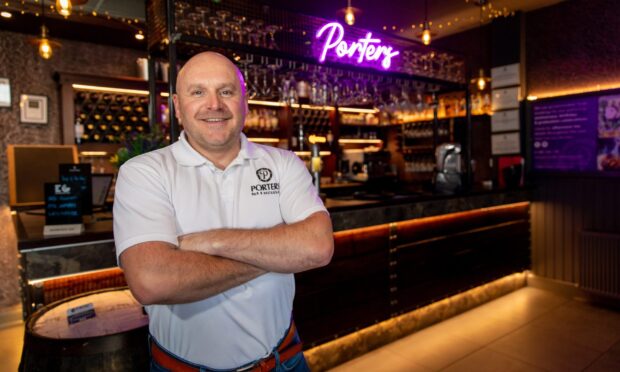Julia Bryce talks to bakers from across Scotland to get a taste of what they are up against.
From flour shortages to stockpiling bread, Scottish bakers have seen it all.
Battling to continuously keep products on the shelves, it’s only recently that “panic mode” seems to have settled down with consumers now seeking a little escapism from lockdown measures with a fine piece instead.
Not only are they supplying supermarkets under immense pressure to feed the nation, many Scottish bakers have also kept some of their own community stores open as lifelines for local residents, especially those unable to secure delivery slots from national stores.
J.G. Ross Bakers, headquartered in Inverurie in Aberdeenshire, is just one of the firms playing its part in providing a vital service to the public.
Cameron Ross production director of the firm, said: “We had to close all of our shops apart from two which are convenience stores to protect our staff. We supply a Tesco, Asda, Spar, Scottish Co-op’s, Scotmid and McColl’s so our products are available at a number of locations throughout the north-east.
“There has been an increase in demand through all of our avenues. Fortunately we have no staff off ill so production-wise we’ve been able to meet demand since day one. We’re up around 25% for supermarket customers. There’s still a decline in total from where we are normally as we don’t have our own shops to service. Where we’ve seen a big decline is things like sandwiches and pies where work people would have been picking up lunch.”
Following an initial spike in bread production, Cameron says its the north-east’s local delicacy, the “buttery” (or a “rowie” if you live in the city), which is proving most popular now with the firm making 200,000 every week.
“Initially it was bread. I think that was because the big suppliers couldn’t keep up with demand so we were able to increase our production to meet the needs of customers,” he added.
“That’s fallen back a bit and it’s really now your staple product for this area which is popular – butteries and softies (soft rolls), that’s what has seen a big increase.
“On a good week we would have been making 170,000 butteries, we’re well over 200,000 butteries a week now.
“They’re a handmade product so it does take a bit of time to make. It’s an ideal product for sweet or savoury. We’re making around 2,300 every 30 minutes. Capacity is only 4,500 per hour so it’s quite a labour intensive product.”
With a workforce of 90 helping to churn out as many products as possible, Cameron is keeping everyone from bakers, to office staff, to delivery drivers, busy.
He said: “There’s a big team behind it all. The bakers, office staff to take orders, packers, cleaners to clean equipment. We have about 90 in the production area at the moment working various shifts. A lot of it is done during the night.
“All of our drivers are still delivering daily. We travel up as far as Forres, down to Dundee, and in between. We have 12 vans leaving here every day.
“Social distancing is an issue but we’ve put procedures in place to ensure staff aren’t working as close to one another as usual to ensure we’re following government guidelines.
On a good week we would have been making 170,000 butteries, we’re well over 200,000 butteries a week now.”
Cameron Ross of J.G Ross Bakers
“We’re just away to set up our own home delivery service online and in our own shops we have been taking orders and making them up so it’s easier for our customers. We’ve donated some bread to the Garioch Community Kitchen which is a food bank.
“We’ve also started supplying products to one in Whitehill and the local hospitals and medical centres in Inveruire and Huntly, and some of the smaller medical groups just to say thank you.”
One of Scotland’s longest established bakeries, Goodfellow & Steven Bakers in Dundee, took the decision to keep all of its stores open across the east coast and continues to supply its 37 Scotmid stores, too.
Rob Sinclair, production director of Goodfellows & Steven Bakers, said: “Our first priority was ensuring our customers had access to the products they needed.
“All of our own 12 stores have been open and we’ve had good feedback from that. It just wasn’t viable for us. We’re in 37 Scotmid stores, too, so there was a lot to consider.
“When this first started, our bread and rolls sales went through the roof. It was similar to around Christmas time. We reduced our bread range initially to offer the key items like white and brown. That’s kind of tailed off now that the supermarkets have more.
“We’re seeing our Scottish products like fudge doughnuts, pies, sausage rolls and bread rolls at the forefront of our range at the moment. That’s the staple ones.
“We supply Scotmid and they were vital to a number of people across the country. We also supply oatcakes to Sainsbury’s, Asda, Waitrose and Co-op.
“These sales were slow to begin with as we had to prioritise our products for our customers rather than the other ones. But we’ve slowly reintroduced products and we’ve had to make lots of changes to the way we make them in order to keep everyone safe.
When this first started, our bread and rolls sales went through the roof. It was similar to around Christmas time.”
Rob Sinclair of Goodfellows & Steven Bakers
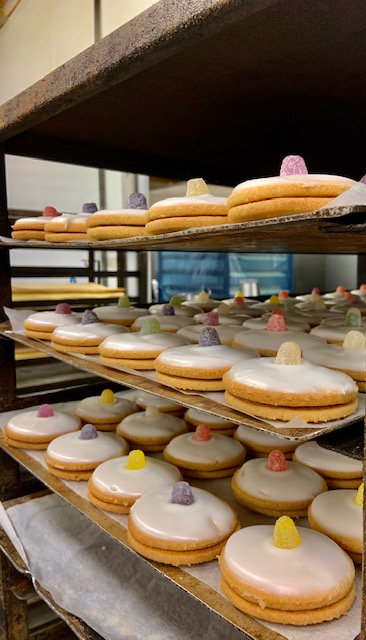 “There’s more expensive cake items that we do, so I think eventually, we will see the market for these pick up again.
“There’s more expensive cake items that we do, so I think eventually, we will see the market for these pick up again.
“Our ‘Cakeaway’ is something that’s really popular, but because no one is working at the moment, people are less likely to pop in to buy cakes. These items aren’t essential just now, but we’re still providing them.”
Like J.G. Ross Bakers, Goodfellow & Steven Bakers are also having to overcome the challenges that come from working at two metres apart.
“We’ve put some staff on furlough due to the two metre issue as it’s a big barrier for us. We’re nowhere near where we were before with sales, so on the back of that, there’s also this problem of generating wages. The most important thing was to get the staff to buy into what we were doing for their safety.
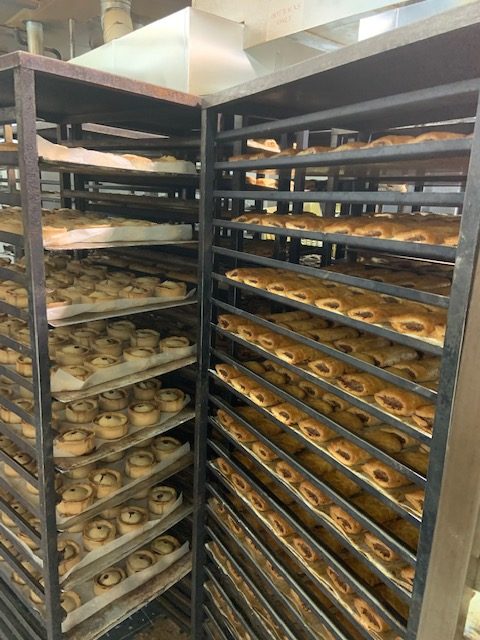
“We’re slowly bringing products back as we took a lot off because of the social distancing issue. We’re bringing in screens for where we make the products to protect our staff but we’re trying to change things constantly to make sure everyone’s safe.”
In Orkney, Argo’s Bakery is also facing a number of challenges. And with a special 75th anniversary in August, the family who run the business are uncertain they will be able to celebrate as originally planned.
Speaking on behalf of the firm, Jenna McDill said: “It’s our 75th anniversary this year. It’s a bit of a shame as it will come around in August and we’re hoping that we’ll be able to make something positive out of what’s been not such a good time for everyone.
“Hopefully we’ll be able to get people to the shop and take part in the celebrations. We’re hoping to bring back some of the traditional items and launch a biscuit tin selection – but it’s all a little up in the air. We may have to have a belated birthday. Fingers crossed it might be something good to celebrate once this is all over.”
Working alongside her husband Ewan, his mum Grace and his sister Emma, this fourth generation bakery is working had to keep the community fed.
“Orkney in general doesn’t have many cases of coronavirus, thankfully. We have a population of around 20,000. On our main site we have a bakery and within the production area we also produce Orkney Fudge. We also have a retail shop there. In Kirkwall we have a bakery and in Stromness we have a grocers and bakery which holds the post office counter and the National Lottery.
“We supply local shops, schools, the NHS and we also make biscuits for ALDI and Morrisons so its busy place normally. We have just short of 50 staff between all the sites.
“We have expanded our deliveries across the island and are delivering direct to doors. We have run a delivery service before but so many more people have taken it up which is nice as it means people are staying at home. It’s pleasing to see how well Orcadian people have responded to staying home.
“We’ve had to furlough some people and the girls we have working at shops are doing a really good job. It’s stressful at times but we’re working together well.
“We’re not making any Orkney Fudge at the moment as it’s a tourist-orientated product and the market for that has unfortunately gone although the local ice cream business are doing delivery packs and offering it through that.
“We’re also working with the local fish shop and Orkney Cheese to get their products when we are out delivering, too. We’ve been able to keep their products on the market and we’ve had great feedback and uptake for it.”
Launching a new “special box” every weekend, Jenna was shocked at the initial demand, with more than 150 boxes being ordered most weekends.
“The first one was the Argo’s 20 and it was 20 mini doughnuts. People did go quite crazy for it. I think they were just looking for something to cheer them up,” said Jenna.
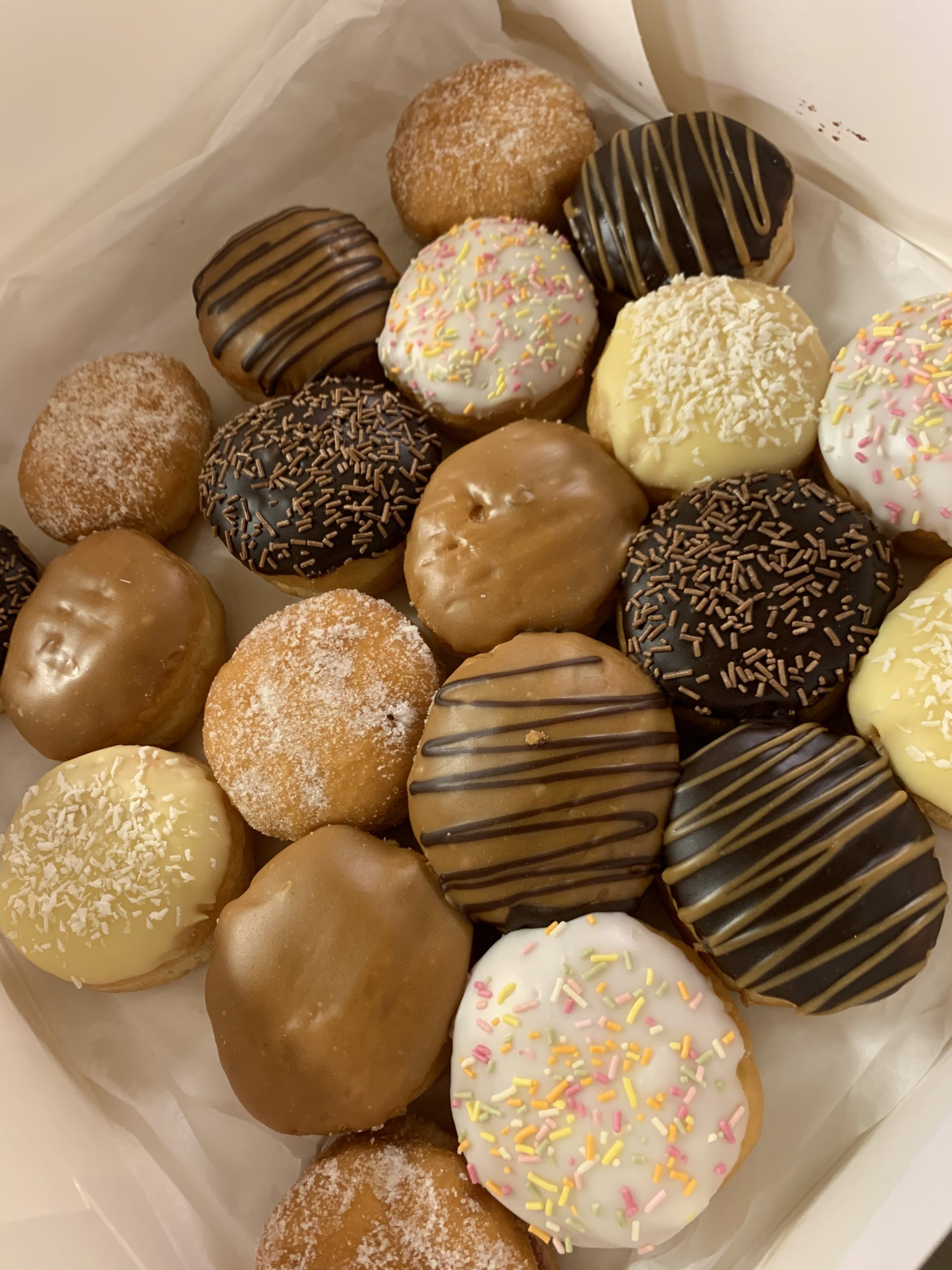
“It’s grown arms and legs and now people are buying them for their families and we’re now writing tonnes of messages on the boxes. It’s really lovely. We did over 150 boxes over two days. It’s nice to see the community spirit. The novelty has worn off a little which is nice as it’s a little calmer now, but we’re still getting plenty of orders for them. We did one with cream goodies in it and last week it was fruit-themed so strawberry tarts, banoffee sponge and lemon meringue pies.”
Also proving popular at the bakery is Orkney’s speciality, beremeal products – an ancient Viking grain.
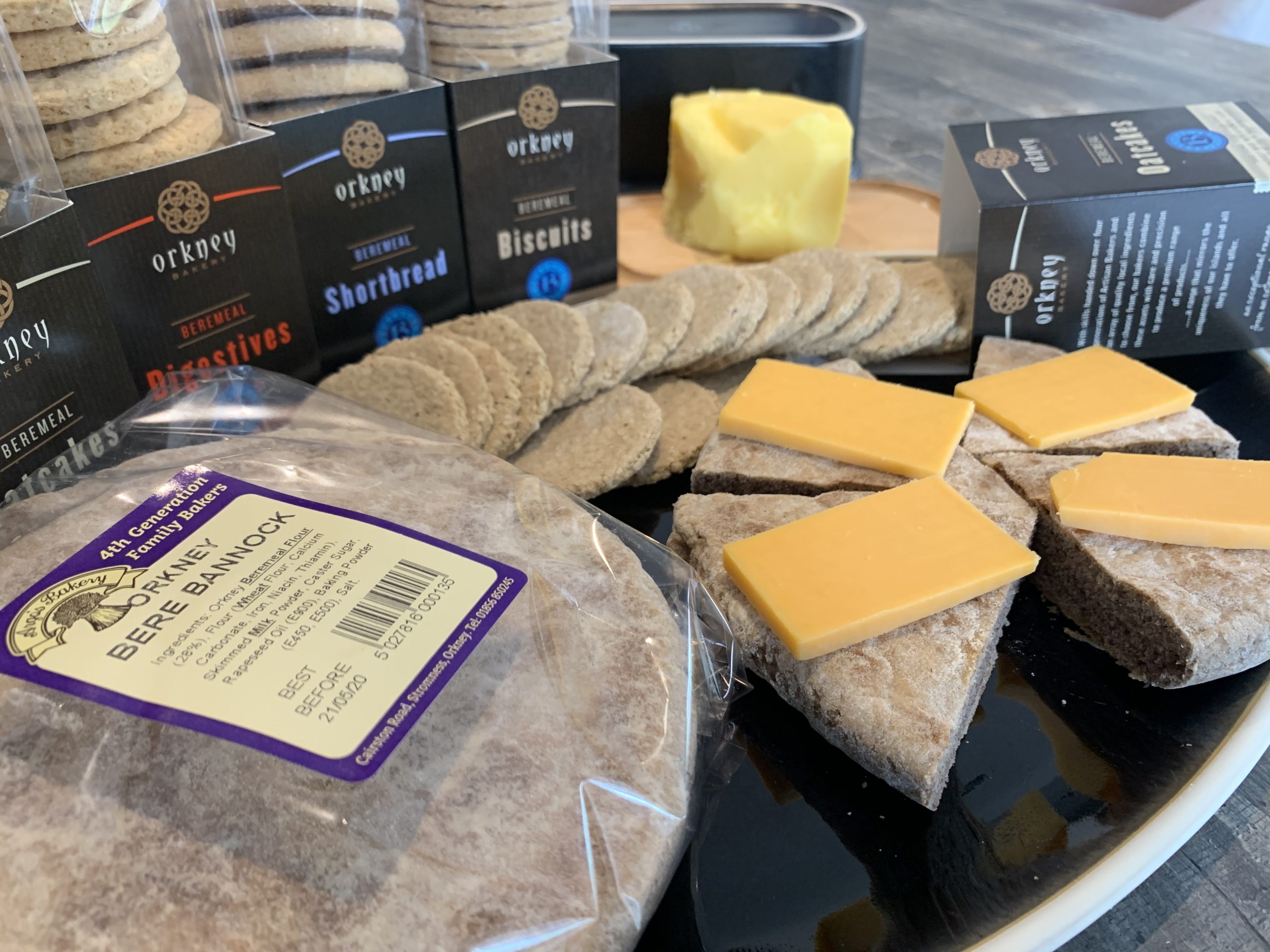
She said: “Beremeal is a flour we get from a barley crop. It’s quite unique to the Orkney Islands.
“A bere bannock is like a traditional flatbread made with butter and cheese and is baked on a hot plate – like a girdle (what you would make pancakes on) but it’s more savoury and is like similar to soda bread.
“Traditionally lots of the older generation will just bake them at home. Young people still buy them from us and enjoy them, but it’s more a traditional home bake.”
